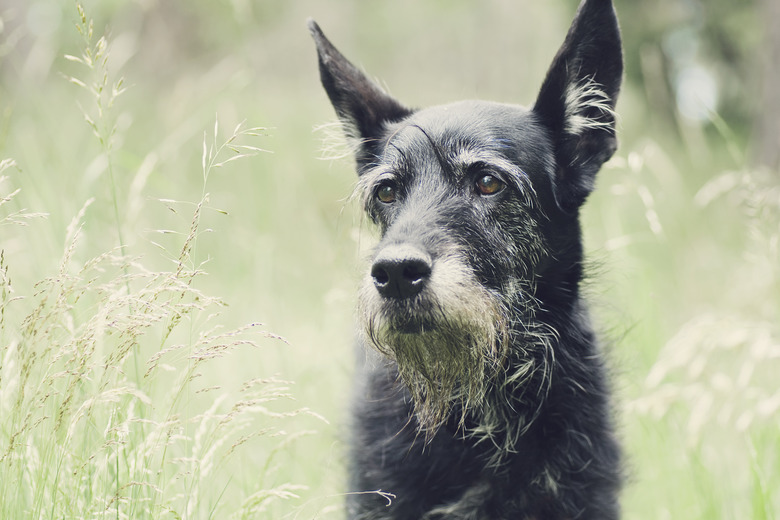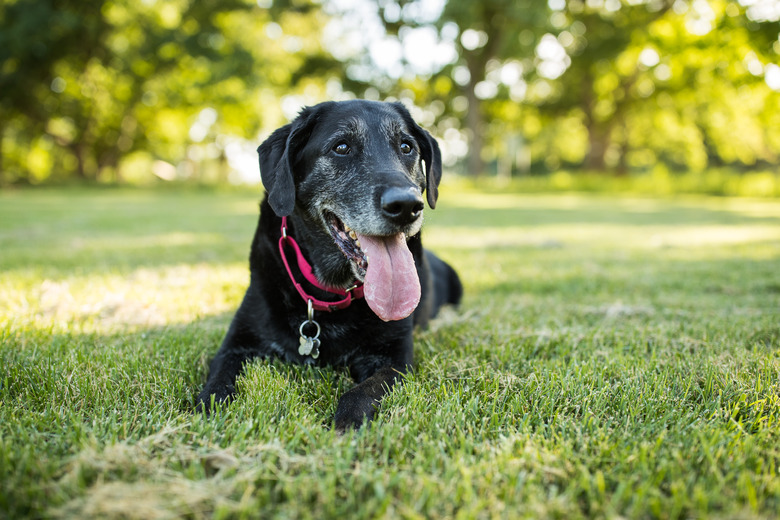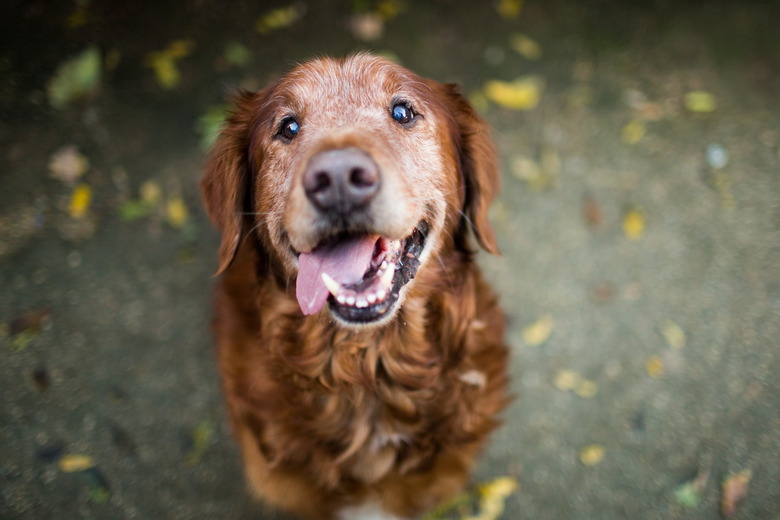Can You Spay Or Neuter An Older Dog?
While dogs adopted from animal shelters are often already sterilized, sometimes you may find yourself with a senior dog that has not yet been spayed or neutered. Whether you have decided to stop breeding your pup or you rescued her from the street, sterilization has behavioral and health benefits, even for an older dog. Although spay/neuter surgeries do have increased risks for seniors, healthy dogs can still get through the operation safely.
Spaying and neutering procedure
Spaying and neutering procedure
If your dog is female, she will get spayed. During the operation, the veterinarian will remove her uterus and both ovaries so she cannot have babies. The vet will remove both by making a small incision located on her flank or abdomen. She will no longer be in a heat cycle and will not attract males anymore.
If your dog is male, he will get neutered. During the operation, the vet will make a small incision and remove both testicles from his scrotum. He will no longer be able to impregnate a female dog. Both surgeries are done under general anesthesia. If a dog is at a shelter or kennel, they will typically undergo a spay or neuter surgery before they are allowed to be adopted.
READ MORE: Dog Vaccinations Side Effects
Safety concerns for older dogs
Safety concerns for older dogs
Usually, vets will tell dog owners that the best time to spay or neuter dogs is at an early age, before they hit sexual maturity, which occurs at five months of age. Sexual maturity means a female dog goes into her first heat and can start reproducing, and for intact males it means roaming for females, marking its territory by urinating different places and fighting other male dogs.
Dogs are considered senior dogs when they become a 7 year old. If you didn't spay or neuter your dog before this time, the surgery is at a higher risk of complications after surgery. If your senior dog is overweight or has underlying health problems, then the vet might not be able to perform the surgery out of fear or worrisome side effects. Your dog has to be able to react well to pain medications since it will undergo some pain after surgery.
Generally, as long as your pup is healthy and can be given an anesthetic, he or she will be able to undergo the spay or neuter surgery. Just take note that it will take longer to recover than it would if it were a younger dog. Remember to follow your vet's instructions for recovery, allow your dog to get plenty of rest, and keep on schedule with any pain medications you need to give your dog.
READ MORE: What Is the Difference Between Medium and Large Breed Dogs?
Reasons to spay or neuter
Reasons to spay or neuter
Along with population control, there are other benefits when it comes to spaying and neutering, including benefits for your dog's health. Spaying can help prevent breast tumors, mammary cancer, and uterine infections. Health benefits of neutering include preventing prostate disease and life-threatening testicular cancer. Spaying and neutering do not cause weight gain.
There are behavioral benefits as well. Your neutered male dog will likely be better behaved and won't roam for female dogs or mark his territory all over your house. Neutered dogs may also be less aggressive. Since your female dog won't be going into heat, she won't be yowling and urinating in the house, which are attempts at attracting male dogs.
Although sterilizing your dog will help to manage hormones that contribute to some bad behavior, it won't fix habits and behaviors that your dog has learned during his life. You might need to find a good trainer to help you retrain your dog.
Pet owners have a few options for getting a dog spayed or neutered — you can go to a vet, a nearby pet clinic, or a mobile spay and neuter service. Oftentimes, non-profit rescue organizations will offer free or discounted spay or neuter services on certain days of the week.
READ MORE: How to Care for a Dog After Neuter Surgery — The First 24 Hours
Always check with your veterinarian before changing your pet's diet, medication, or physical activity routines. This information is not a substitute for a vet's opinion.


